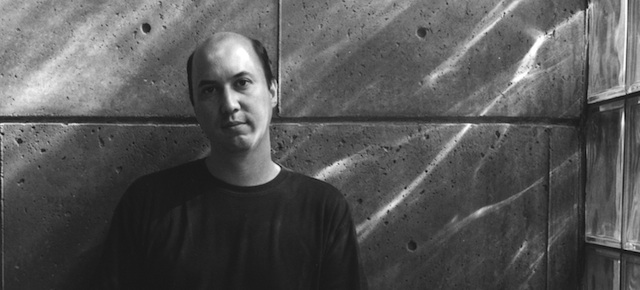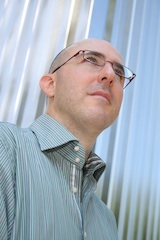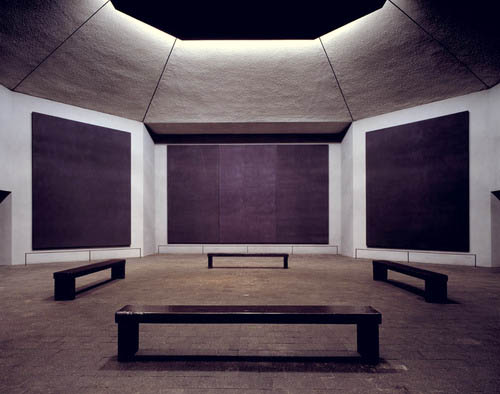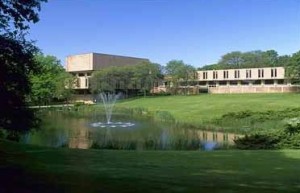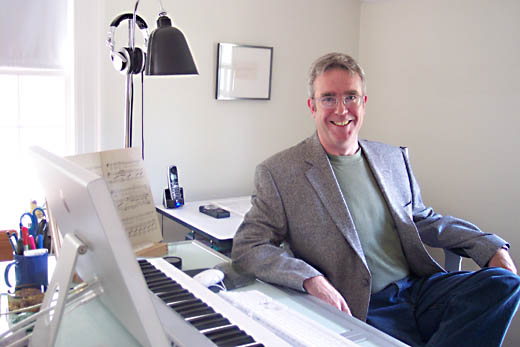
I’m looking forward to hearing violinist Miranda Cuckson premiere a new chamber concerto by Jeffrey Mumford tonight at Symphony Space.
Cuckson is a tremendous talent. Her recent CDs of music by Ralph Shapey, Donald Martino, and Michael Hersch are required listening for anyone interested in post-tonal chamber music.

The concert also includes works by Harold Meltzer, Victoria Bond, and Brian Ferneyhough. Cuckson is joined by the Argento Ensemble; the Da Capo Chamber Players will also perform (details below).
Cutting Edge Concerts New Music Festival Program
Monday, April 11, 2011, 7:30 pm; $20/Seniors $15
Leonard Nimoy Thalia Theater in Peter Norton Symphony Space
Ticket information here
Jeffrey Mumford: through a stillness brightening (world premiere)
Argento Ensemble
Commissioned by the Argento New Music Project through the generosity of Marianna Bettman (in memory of Judge Gilbert Bettman) and Sonia Rothschild.
Brian Ferneyhough: La Chute D’Icare
Argento Ensemble
Harold Meltzer: Exiles
Da Capo Chamber Players, Mary Nessinger, mezzo soprano
Victoria Bond: Instruments of Revelation (NY premiere)
Da Capo Chamber Players

